Areas of Support
Help Bring About a Better Tomorrow!
The world faces many healthcare challenges in the coming years. In Singapore, three in every 10 persons are projected to be older than 65 by 2050, resulting in predicted increases in diabetes, cancer, heart disease and neuro-degenerative diseases. We want to stem this flood by changing the natural history of such diseases and enabling people to live healthy, independent and active lives.
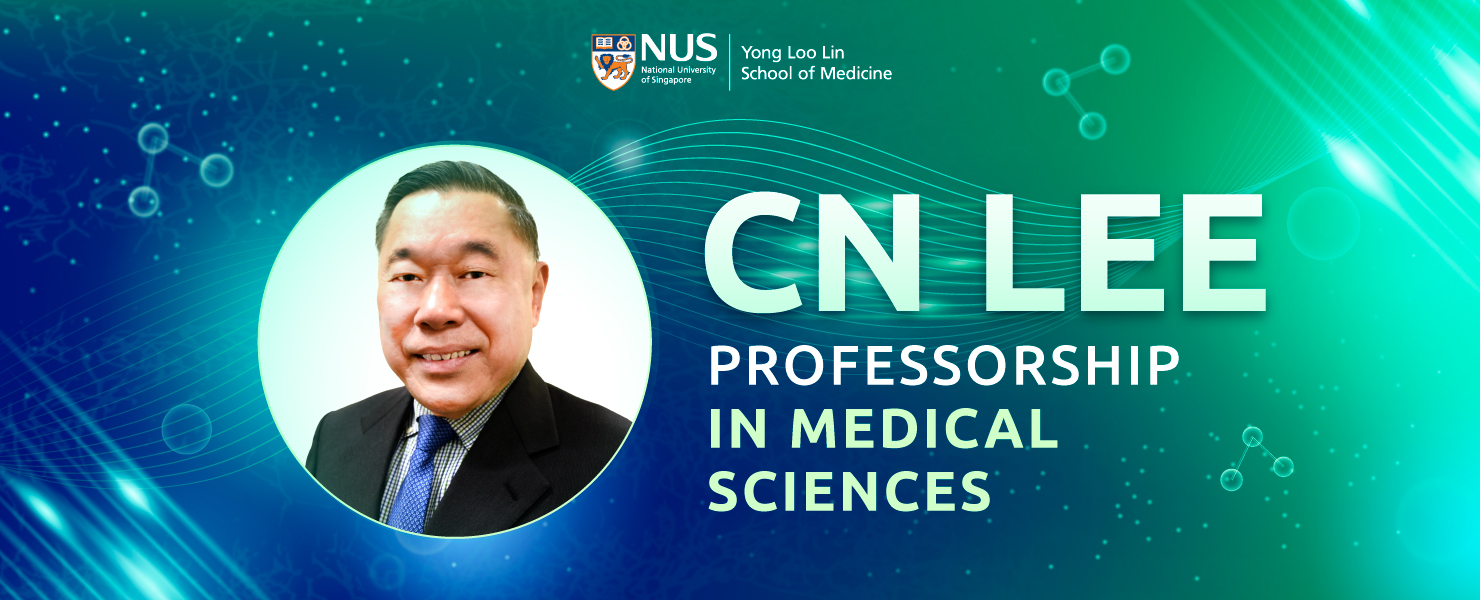
CN Lee Professorship in Medical Sciences
The Yong Loo Lin School of Medicine, National University of Singapore is proud to launch the CN Lee Professorship in Medical Sciences, named in honour of one of very own alumnus and renowned heart surgeon. Professor Lee Chuen Neng, or CN as he prefers to be called, is a visionary leader, outstanding mentor, great teacher, master clinician, and a brilliant researcher.
We seek your generous support for the endowed CN Lee Professorship in Medical Sciences.
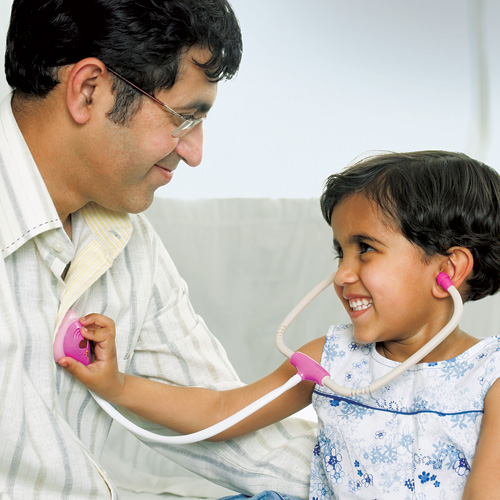
Ensuring a Healthier Future for Our Children
Children can suffer from debilitating conditions such as cancer, leukemia, diabetes, liver diseases and kidney disorders that are very stressful and disruptive to the lives of children, their families and their caregivers. Here in Asia, cancer is one of the top causes of death for children. Cure rates are especially poor and there is an urgent need to improve cancer cure rates in children.
Early detection of such diseases is critical to successful treatment and recovery. Through our research, we have turned around a situation where families of children with cancer often had to seek very expensive treatment outside of Singapore. NUS Medicine is also researching genetic and immunological features in children to develop personalised treatments for cancer and kidney diseases with increased efficacy and fewer side effects. Scientists are also developing recombinant DNA vaccinations to treat and potentially prevent allergen-related asthma, rhinitis and allergic disorders.
You can now contribute towards improving cure rates for children with cancer in Singapore and beyond. Join us in our efforts to raise funds for paediatric oncology research and education at the School now.
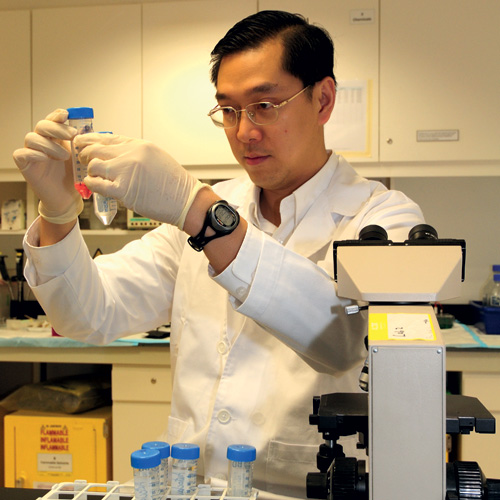
Taming Cancer
Cancers figure among the leading causes of morbidity and mortality worldwide, with approximately 14 million new cases and 8.2 million cancer related deaths. The number of new cases is expected to rise by about 70% over the next two decades. Among men, the five most common sites of cancer diagnosed were lung, prostate, colorectum, stomach, and liver cancer; among women, the cancers were breast, colorectum, lung, cervix, and stomach.
One third of all cancers can be cured if they are detected and treated early. At NUS, researchers are developing a methodology to harness patients’ immune systems to kill cancer cells. Another group is identifying mutated cancer genes to understand their role in cancer development.
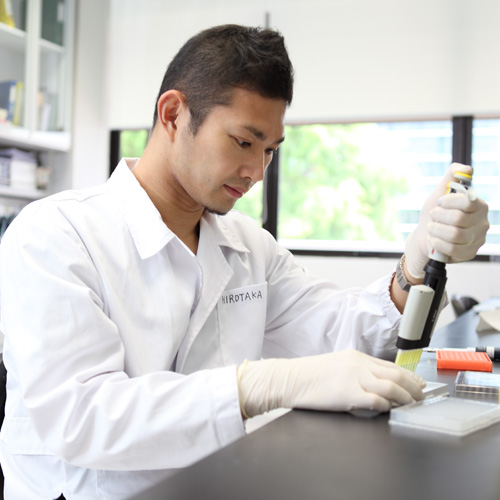
Curing Diabetes
According to the World Health Organisation, one in 11 adults has diabetes with 422 million cases in 2014. Diabetes prevalence has been rising more rapidly in middle- and low-income countries. Diabetes is also a major cause of blindness, kidney failure, heart attacks, stroke and lower limb amputation.
NUS researchers are searching for ways to prevent diabetes in the population and slow the disease’s progress in those already afflicted. This includes increased detection of people who are at risk and more effective strategies to improve diet, lifestyle and treatment.
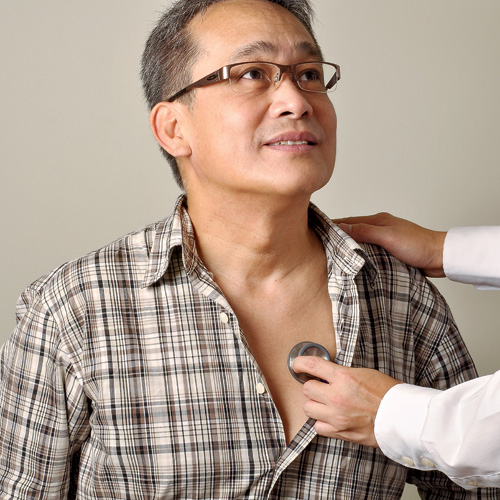
Mental Health Resilience and Wellbeing
Quality of mind is the wellspring of all successful enterprises and developing its potential holds the key to successful social and economic development of a country. In Singapore, developing mental resilience in the young and old is all the more crucial for maximising our limited human resource.
The NUS Mind-Science Centre is a knowledge center of excellence for psychological research and provides evidence-based information for planning nation-wide programmes to promote resilience for the general population by enhancing cognitive performance to improve quality of life and work potential. The Centre promotes the use of non-drug, psychosocial interventions to build the mental resilience of the community from adolescents to the elderly.
Philanthropic gifts will help to affect real change. Funding is required to support the areas above through the recruitment of top academics in the world, seed funding for research, student education, community involvement programmes, infrastructure development and more. For more information, please contact Hwee Koon at nic@nus.edu.sg.
